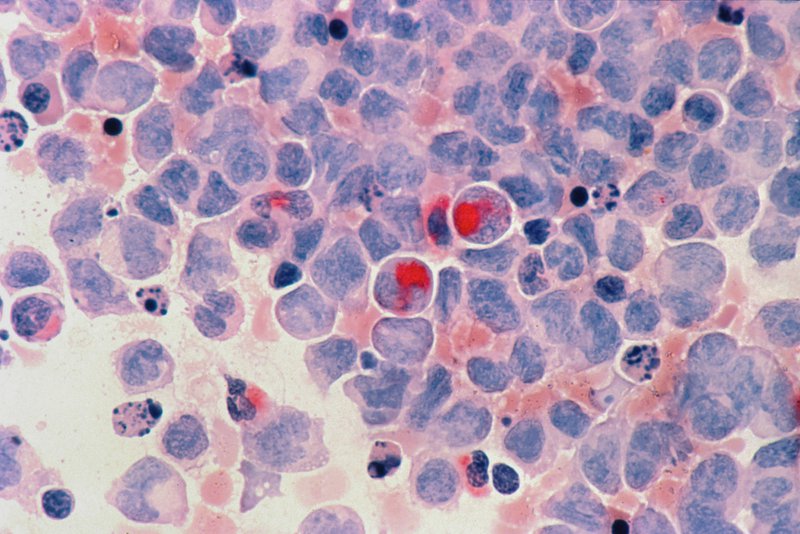
Introduction
- Briefly introduce the topic of hereditary breast cancer risk
- Highlight the importance of understanding and addressing this hidden inheritance
What is Hereditary Breast Cancer?
- Explain the concept of hereditary breast cancer
- Discuss the role of genetic mutations, particularly BRCA1 and BRCA2 genes
- Emphasize the impact of these mutations on breast cancer risk
Identifying Hereditary Breast Cancer Risk
- Explain how individuals can determine if they have an increased risk for hereditary breast cancer
- Discuss family history as a key indicator
- Highlight genetic testing as a valuable tool for identifying inherited mutations
Understanding BRCA Mutations
- Provide an overview of BRCA1 and BRCA2 mutations
- Discuss their link to increased breast cancer susceptibility
- Explain the implications for individuals with these mutations
Managing Hereditary Breast Cancer Risk
- Outline proactive measures individuals can take to manage their risk
- Regular screenings and mammograms
- Enhanced surveillance through MRI scans or other imaging techniques
- Consideration of preventive measures such as prophylactic surgery or medication
Support and Resources for Individuals at Risk
- Mention organizations, support groups, and resources available to individuals facing hereditary breast cancer risk
- Provide links or contact information where applicable
Conclusion
- Recap the importance of understanding hereditary breast cancer risk
- Encourage individuals to take proactive steps towards managing their risk
- Offer hope by highlighting advancements in research and treatment options
by
Tags:
This site is registered on wpml.org as a development site. Switch to a production site key to remove this banner.